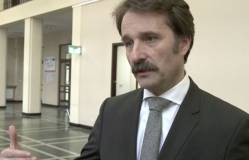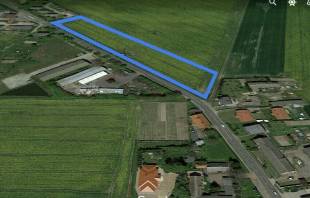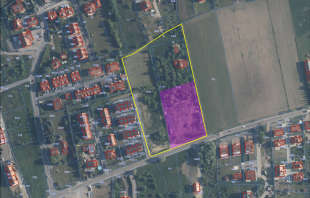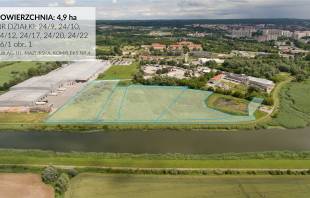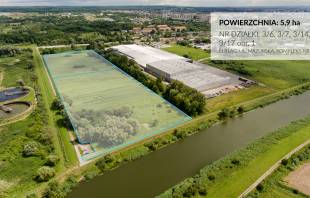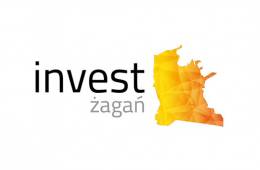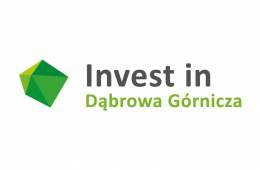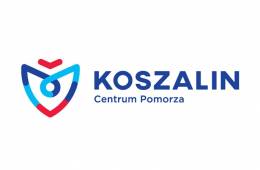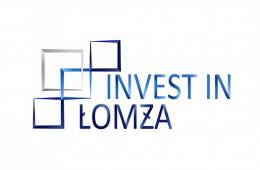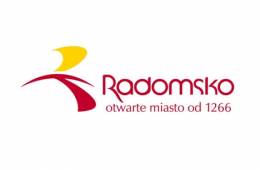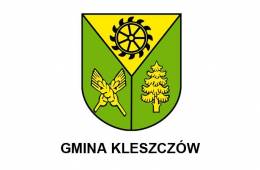To Michael Kern, general manager of Polish-German Chamber of Industry and Commerce (AHK Poland), on investment climate in Poland talks Marta Śniegocka.
What is the main factor of Polish attractiveness for German investors?
According to the survey (AHK-Investment Climate Survey Central and Eastern Europe 2014) the main factors are, of course, membership in European Union, but it’s the same for a Czech Republic, Hungary; motivation, education and productivity of the Polish workers and availability of local suppliers. Last but not least, also important is political stability, especially comparing to other countries in Central-Eastern Europe.
What can threatens Poland’s 1st position in AHK’s survey?
For example education and vocational training is a threat. Some of German companies will have a problem with an availability of qualified labour workforce – a blue collar workers. Not yet, but in 5-10 years. It will be a threat if companies will not get a blue collar workers they need for the future.
Do you observe if Polish government helps with this danger?
Yes, we see it. We also hear a lot from Polish Information and Foreign Investment Agency and Special Economic Zones that they focus their efforts on a vocational training.
German companies often invest for a longer time in one country. Are you concerned about Polish demography and possibly lack of available work force?
Poland and German have more or less the same problem. In addition to vocational training, it is a great task of Poland to invest in the education and the research&development. Poland can’t longer rely on being a low-cost country, because it’s not a low-cost country anymore. There are other countries with a lower labour force cost. So the demographic problem should also be seen in this aspect. That’s why it’s even more important to invest in research&development just to increase productivity.
In the survey Poland’s biggest competitors are Czech Republic and Estonia. What can we learn from these countries?
They are smaller countries, but of course you can always learn something from them, especially from their mistakes. Czech Republic is a big competitor of Poland, especially concerning German investors because it’s a nearby country and a country when most of German companies went first, before they came to Poland. What can you learn from them? Well, Czech Republic acquired first position in AHK’s survey 5-6 years ago. But its political instability and increasing corruption made an investment climate much worse.
Do you think that diminish of regional aid since 1st of July will influence German investments in Poland?
Of course it will have some influence, but incentives are just one part of investment decision. They are others like availability of workforce, transportation and infrastructure. So incentives are just one factor and should not be overestimated.
What are you predictions of German investments volume in Poland? Do you think it will be higher this year than in 2013?
I think that will be higher because we have two big German investments this year, from a chemical company and a motor sector. I also observe that more small and medium size German companies invest in Poland.
Do you expect that situation in Ukraine will influence the Polish investment attractiveness?
I don’t think so, if we consider just investments. At least not in a negative way. Perhaps companies that thought about investing in Ukraine, now will choose Poland. But we can’t see any direct influence on this moment.
Micheal Kern,General Manager, AHK Poland




















